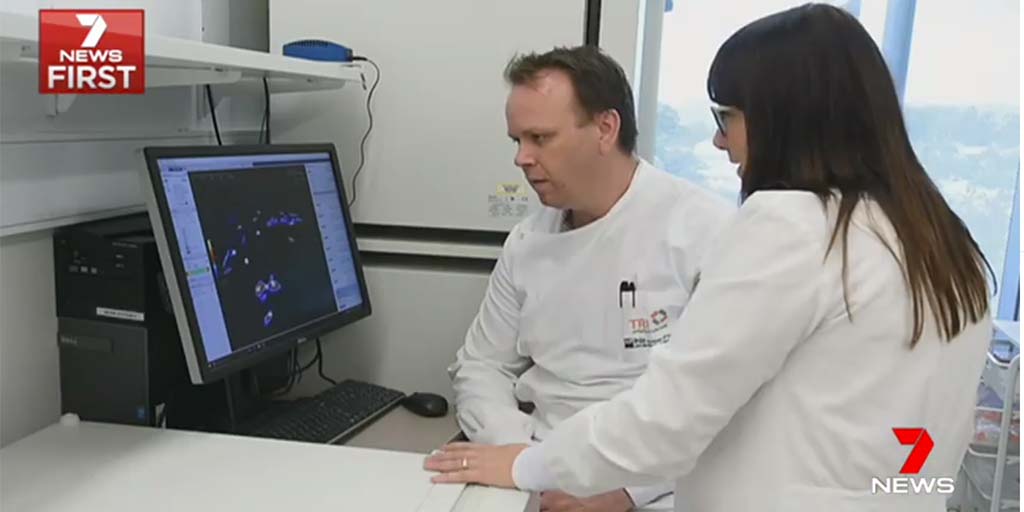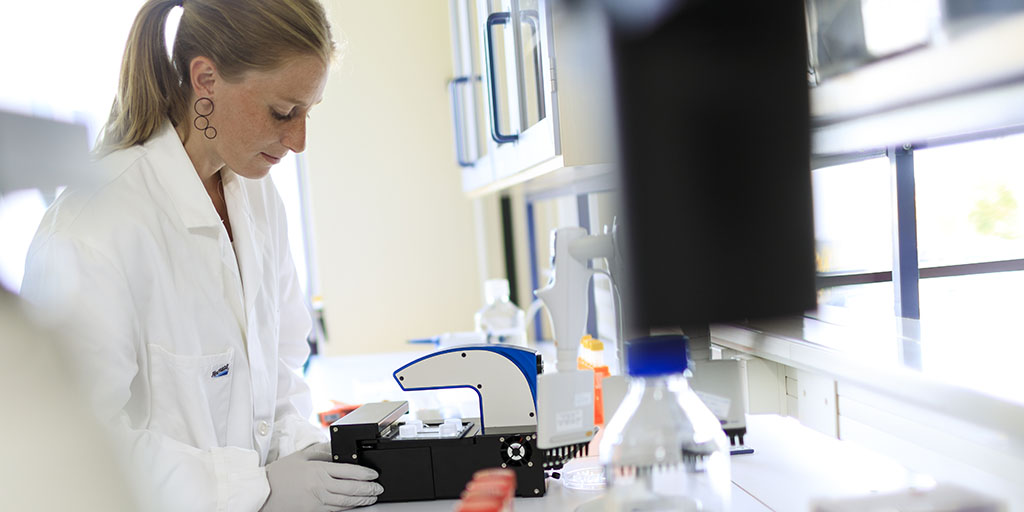All News and Press Releases
Enter any phrase or word you would like to search for and click .
PostNews
Biostock interview with CEO Peter Egelberg
PostNews

New CEO commentary — “Redefining aging with HoloMonitor”
In the CEO commentary “Redefining aging with HoloMonitor” Peter Egelberg comments on the promising research results that were recently reported by Australian television.
PostNews

PHI at the Nordic Microscopy Society meeting, June 25-28
The Nordic Microscopy Society meeting in Lyngby Denmark offers several opportunities to meet with us and to hear about the latest HoloMonitor news.
PostPress Release
Notice of Extraordinary General Meeting in Phase Holographic Imaging PHI AB (publ)
Notice to the shareholders in Phase Holographic Imaging AB (publ), 556542-7811, to attend an Extraordinary General Meeting on Monday June 18 at 06.00 PM (18.00) at PHI’s office, Scheelevägen 22, Lund.
PostNews: Press Release
Decision on rights issue for continued growth, establishment of sales organization and commercial break-through
The Board of directors of Phase Holographic Imaging PHI AB (publ) (”PHI”) has decided to conduct a rights issue of units, which is subject to approval on Extraordinary General Meeting, that can provide the company a total of SEK 64.6 million at the most prior to issuing costs.
PostNews: Press Release
PHI increase sales in fourth quarter, as well
PHI hereby announces that net sales during the fourth and final fiscal quarter of 2017/18 amounted to 2.2 (1.2) MSEK, resulting in that the company saleswise achieves its best quarter ever for the second consecutive quarter.
